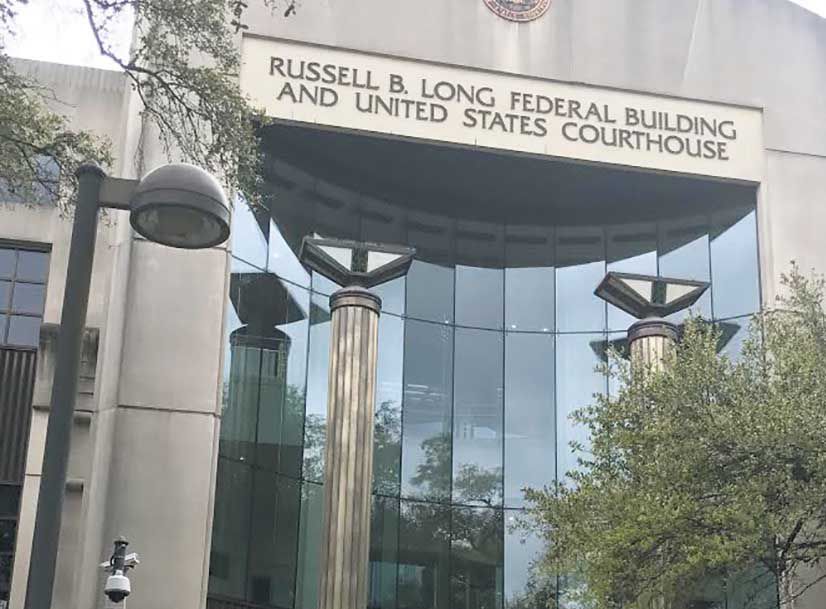
A case against the state is woven
March 15, 2017A lot to crab about
March 15, 2017This week a crucial is finally being heard in the one place where it can be fairly and thoroughly considered, in accordance with what federal law says rather than in accordance with individual desires.
The Terrebonne Parish Branch of the NAACP along with individual plaintiffs Wendell Desmond Shelby Jr., the Rev. Vincent Fusilier Sr., former Houma Fire Department Assistant Fire Chief Daniel Turner and Lionel Meyers will have their day in court, as will the State of Louisiana.
U.S. District Judge James Brady must decide whether the method used to elect judges in the 32nd Judicial District violates Section 2 of the U.S. Voting Rights Act. The applicable law prohibits voting practices or procedures that discriminate on the basis of race, color or membership in certain other groups as later defined in the statute. As with the Terrebonne case, most suits relating to the act have challenged at-large voting schemes, where candidates for a given office are elected by everyone in a county or parish, rather than in a manner that allows the voice of a minority to be heard and for candidates that the group may favor to have a fair chance of ever winning an election.
Early in its history, the law was interpreted by the U.S. Supreme Court as being applicable if a standard or practice was enacted or maintained, at least in part, by “invidious practice,” meaning that for the law to be violated, discrimination would have been the intent.
In 1982, Congress examined the history of litigation under Section 2 since 1965 and concluded that Section 2 should be amended to provide that a plaintiff could establish a violation of the section if the evidence established that, in the context of the “totality of the circumstance of the local electoral process,” the standard, practice, or procedure being challenged had the result of denying a racial or language minority an equal opportunity to participate in the political process.
In other words, intentional discrimination is no longer a prerequisite for a suit to prevail.
The immediate question Judge Brady must address concerns how Terrebonne Parish selects its judges. At this time judicial elections are decided on a parish-wide basis, with all of Terrebonne’s voters selecting who sits in each of the five divisions of court. From the viewpoint of expediency, this method makes sense at first blush.
The Voting Rights Act, however, poses a dilemma. If one segment of the electorate will conceivably never get its bloc choice of judge elected anywhere to any bench in the 32nd Judicial District, then – in accordance with the principles of the Voting Rights Act – how can that be cured?
The Louisiana State Legislature had an option years ago to address this question and chose against passing a law that would have – according to the plaintiffs in the current case – cured the problem that they state exists.
The question at hand is far too big for the legislature to handle at this point. State legislators are not going to have enough of a grasp of the intricacies of the Voting Rights Act. And so it is raised in the right place.
Should the judge decide that Louisiana is in violation, then the legislature can move in, with guidance from the Governor’s office as indicated by the court’s decision, to make change that will be consistent. If the judge decides the law is not being violated, then nothing must be done.
Too many questions these are answered only after first passing through a red or blue filter.
This is why our founders created an independent judiciary that can function without fear or favor. The popular winds that sweep in a president or decide the political majorities and minorities of Congress cannot and should not dictate who will decide the most important questions of our day. This is why the judiciary was designed to be above the political fray, to rely on the rule of law. Because one side disagrees with a given court decision does not mean that the decision was politically based, merely that the reaction was thus conceived.
It is why the case being heard by Judge Brady is so important, as will be his decision. We wish him the wisdom to decide what is right and in accordance with the law, whatever that decision may be.






